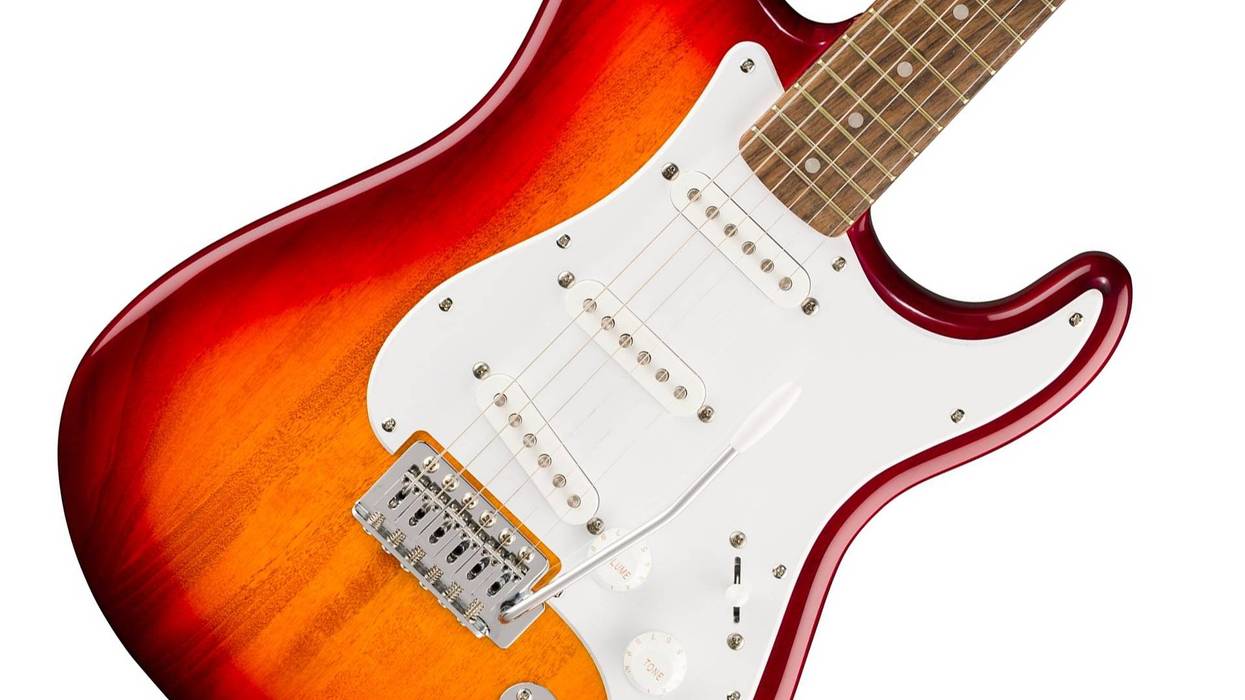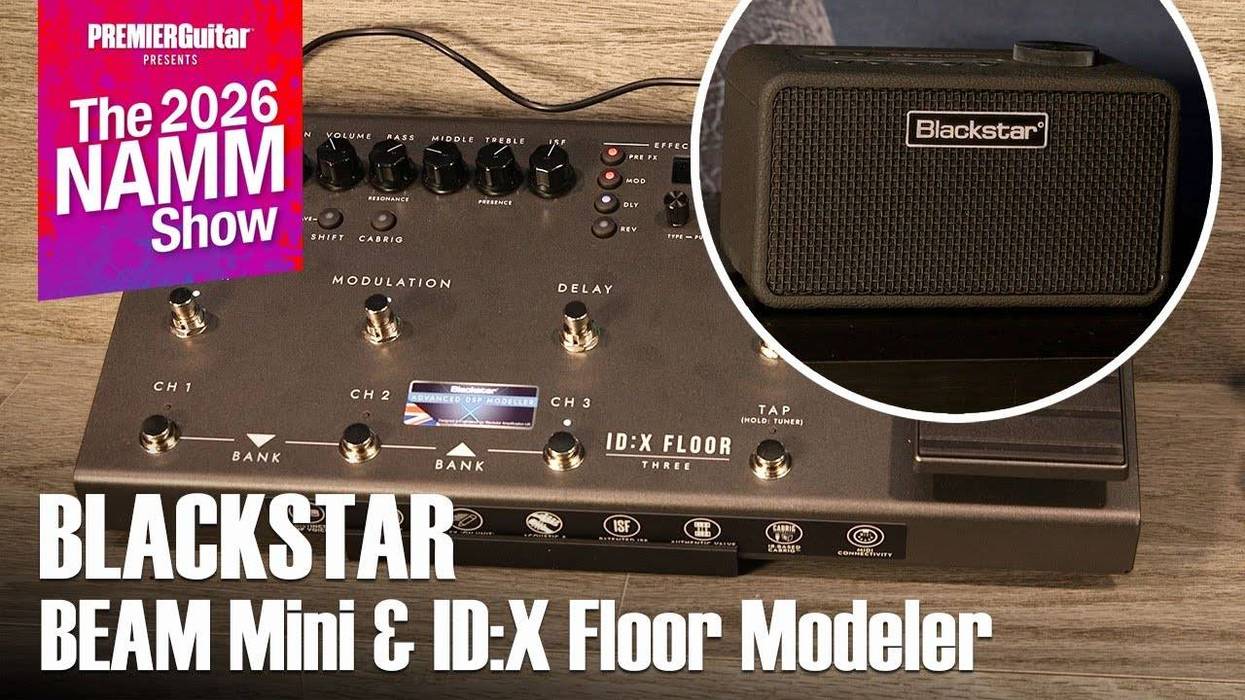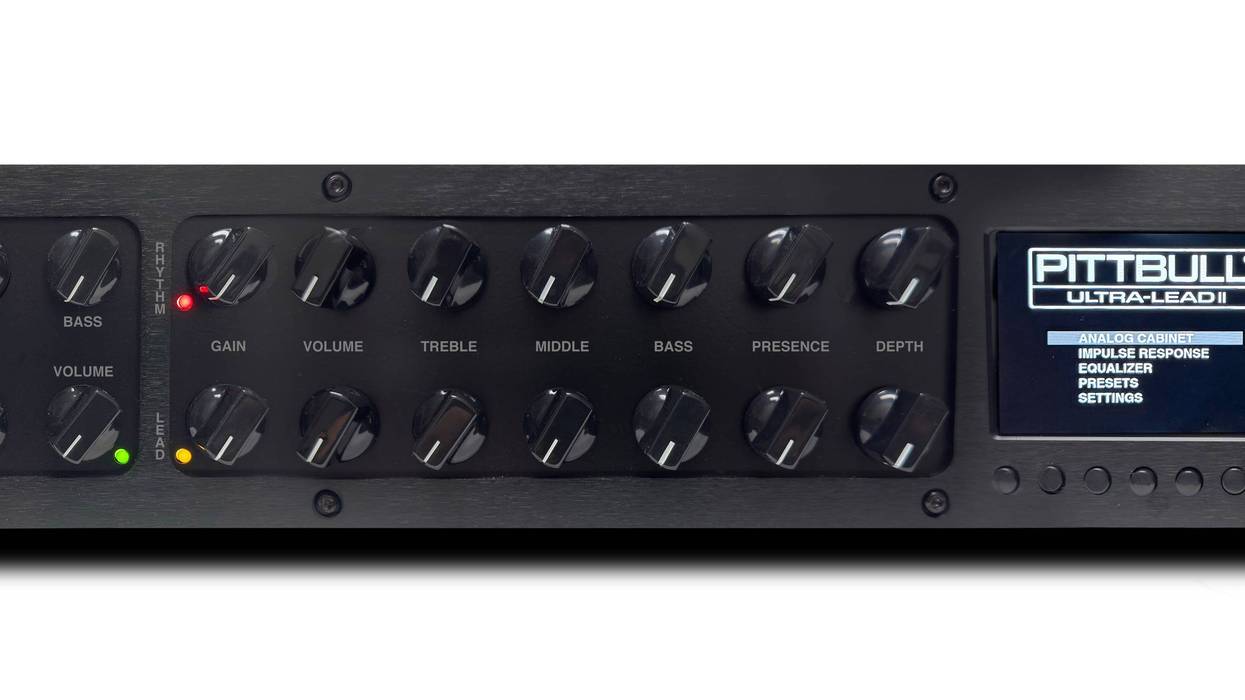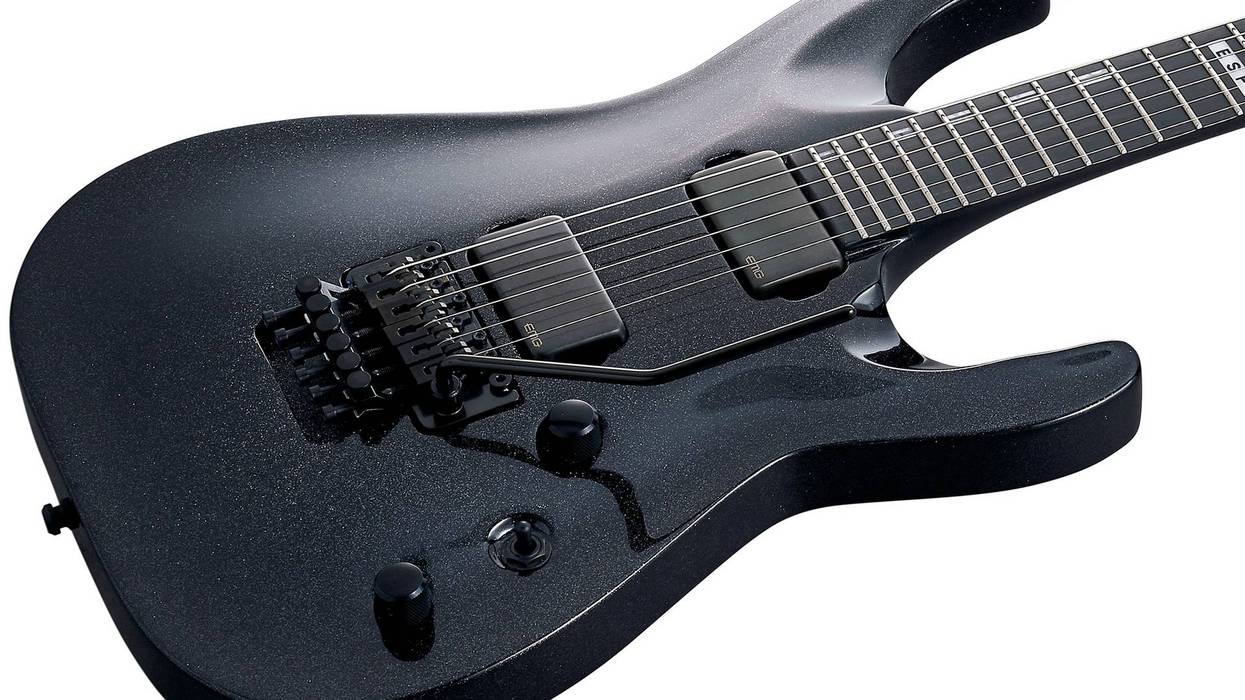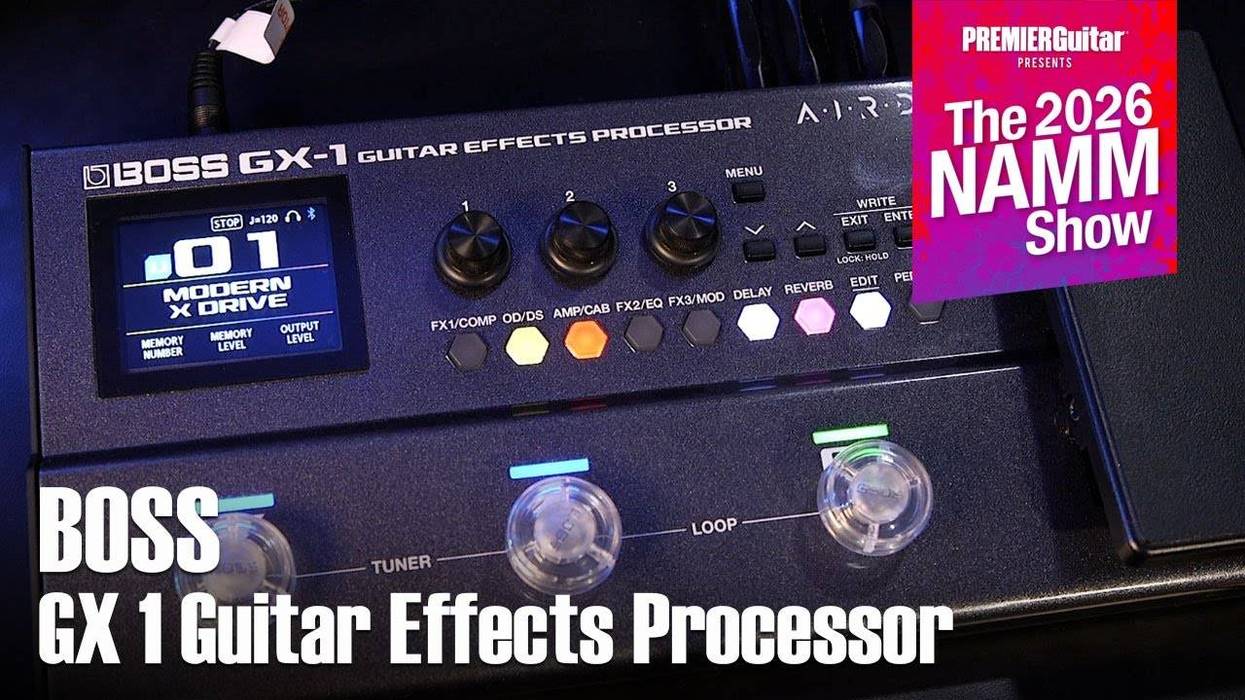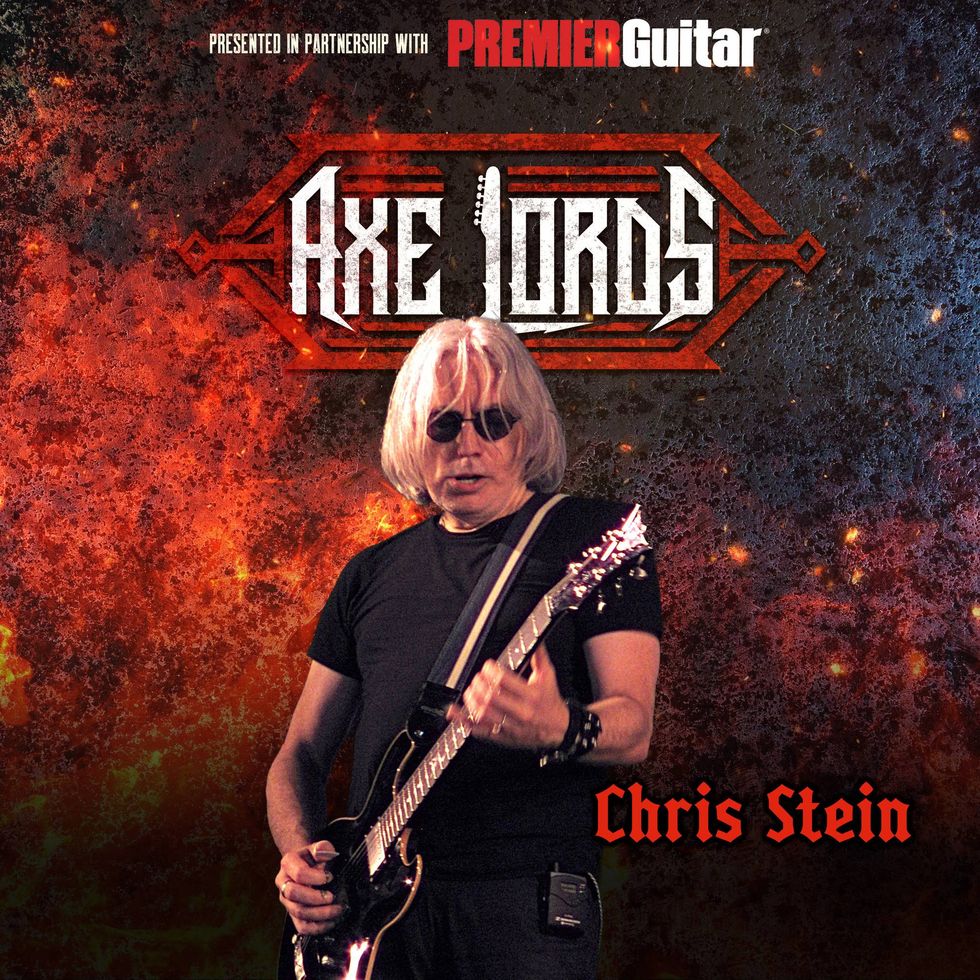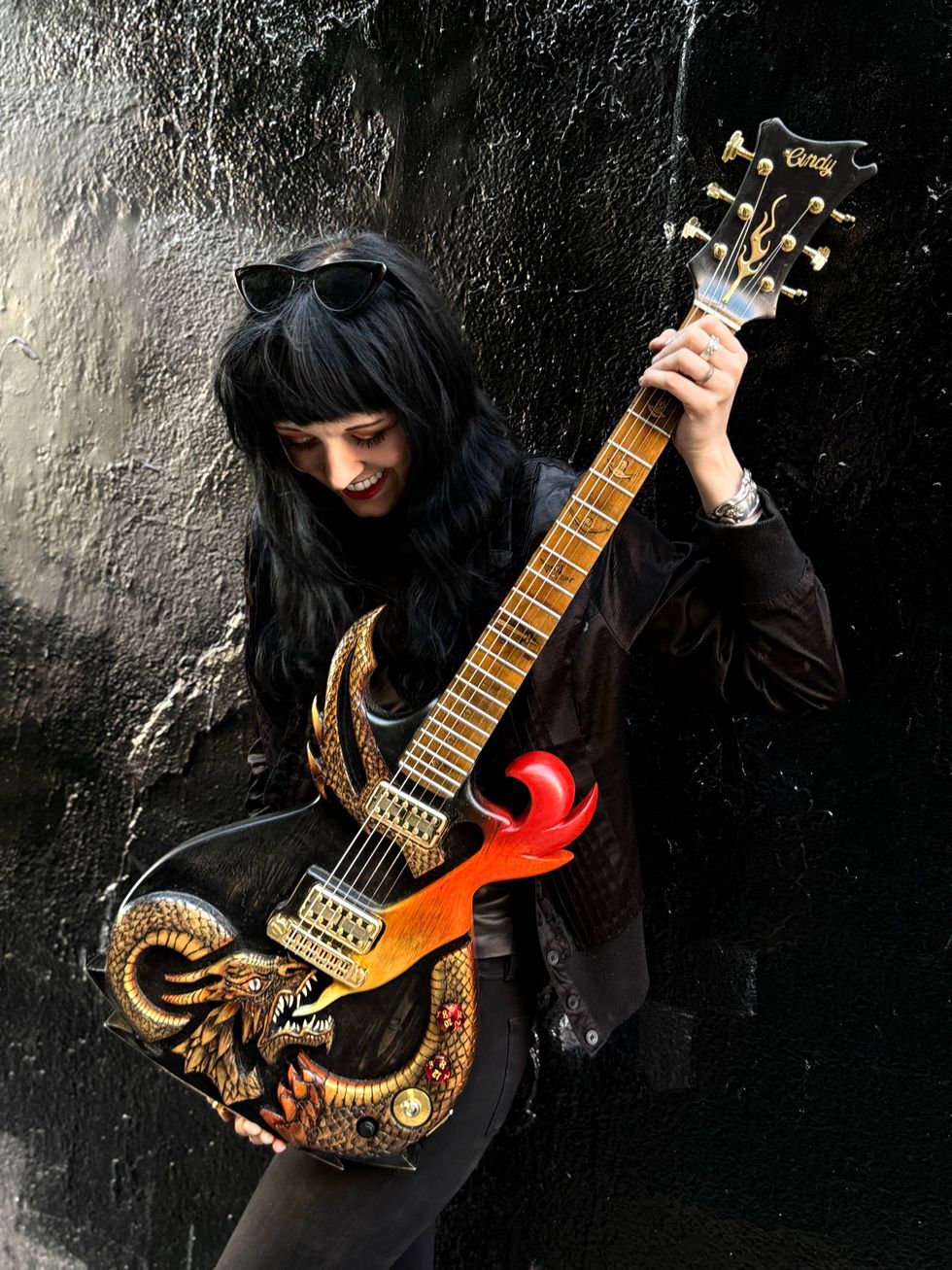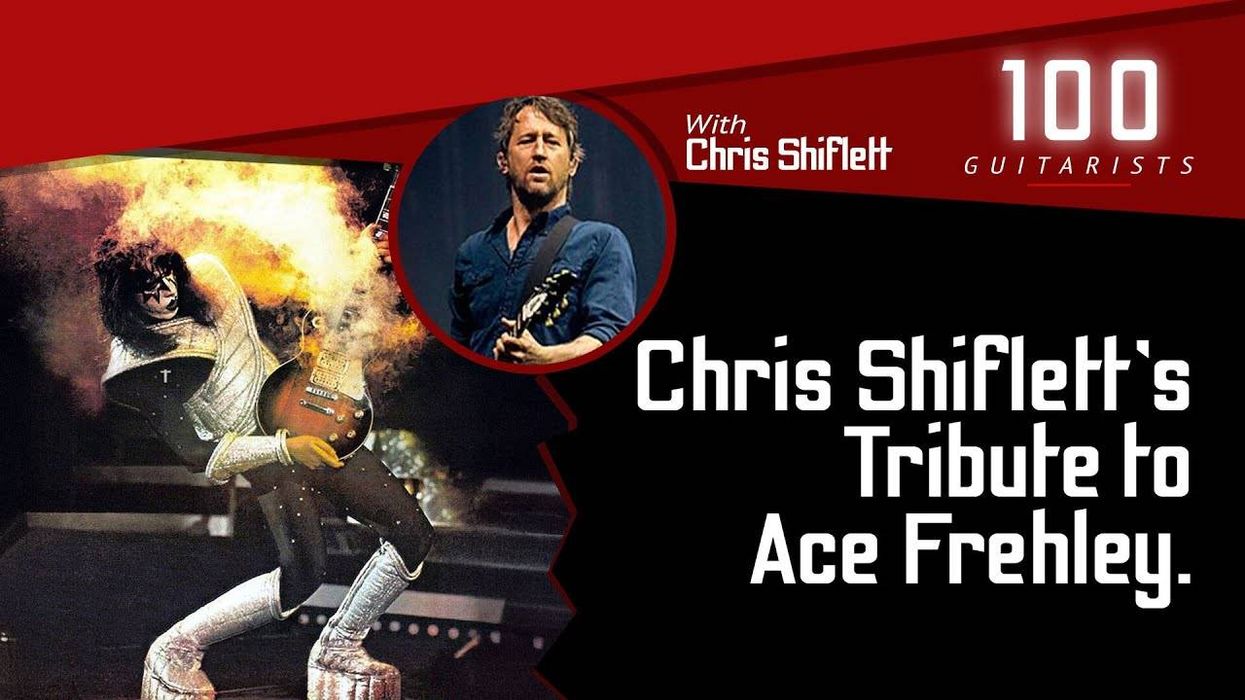Making a living doing the thing you love is great—in fact, it’s something that so many players aspire to. But it changes the relationship between player and instrument when the instrument is a source of work. How do they stay excited about their work? And how do they get excited when they’re in a lull? What keeps their creativity flowing? These are big questions, but our hosts are both having their own renaissances with their guitars. And—surprise!—it’s because they’ve both come into some new key pieces of gear.

Get 10% off from StewMac when you visit stewmac.com/dippedintone
On this episode, Rhett and Zach discuss the relationship that they each have with the guitar at this point in their careers. Making a living doing the thing you love is great—in fact, it’s something that so many players aspire to. But it changes the relationship between player and instrument when the instrument is a source of work. How do they stay excited about their work? And how do they get excited when they’re in a lull? What keeps their creativity flowing? These are big questions, but our hosts are both having their own renaissances with their guitars. And—surprise!—it’s because they’ve both come into some new key pieces of gear.
Zach reports that he has been rippin’ totally sweet Metallica licks on his sick new ESP LTD Kirk Hammett Signature Series KH-602. He’s a longtime fan of the band—and has conveniently fallen back in love with Kill ’Em All and Ride the Lightning—and says he’s wanted a Hammett signature guitar for his entire guitar-playing life. When he saw this one at Nashville’s Guitars To Be Played, he fell in love with everything, from the skull and crossbones fret markers to the Floyd Rose. And you know what? The Floyd Rose isn’t hard to set up. This guitar, Zach says, is kickstarting his “love of the guitar again.”
Meanwhile, Rhett has been enjoying his new Soldano SLO-100head and matching 4x12 cabinet, even if he does keep the cab a few flights below his control room. He’s stoked about the story of Soldano, who he admires for being one of the early boutique amp builders, and has been playing this new 100-watter all week.When it’s time to dip a rig, it’s hard to find any faults. No spoilers, but it’s a nice one (and an easy gig load).And in the shill zone, Zach talks about the importance of running a brown box for owners of older amps and talks briefly about the difference between the Brown Box and a Variac.


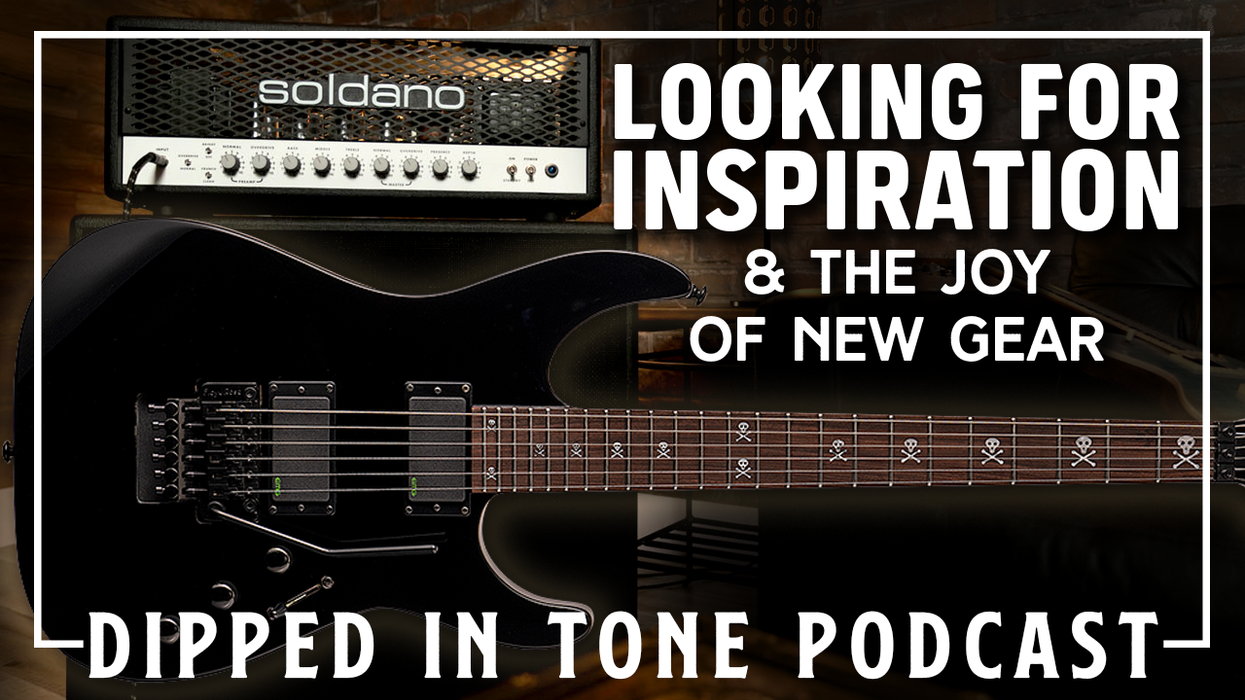
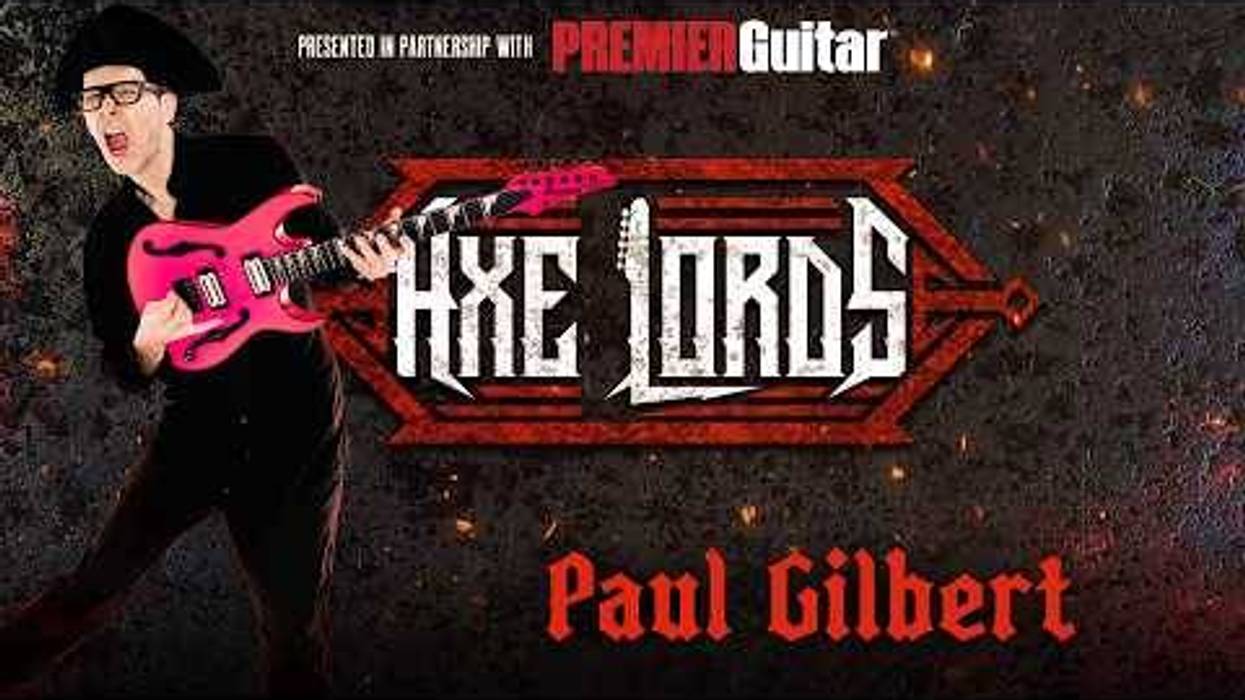
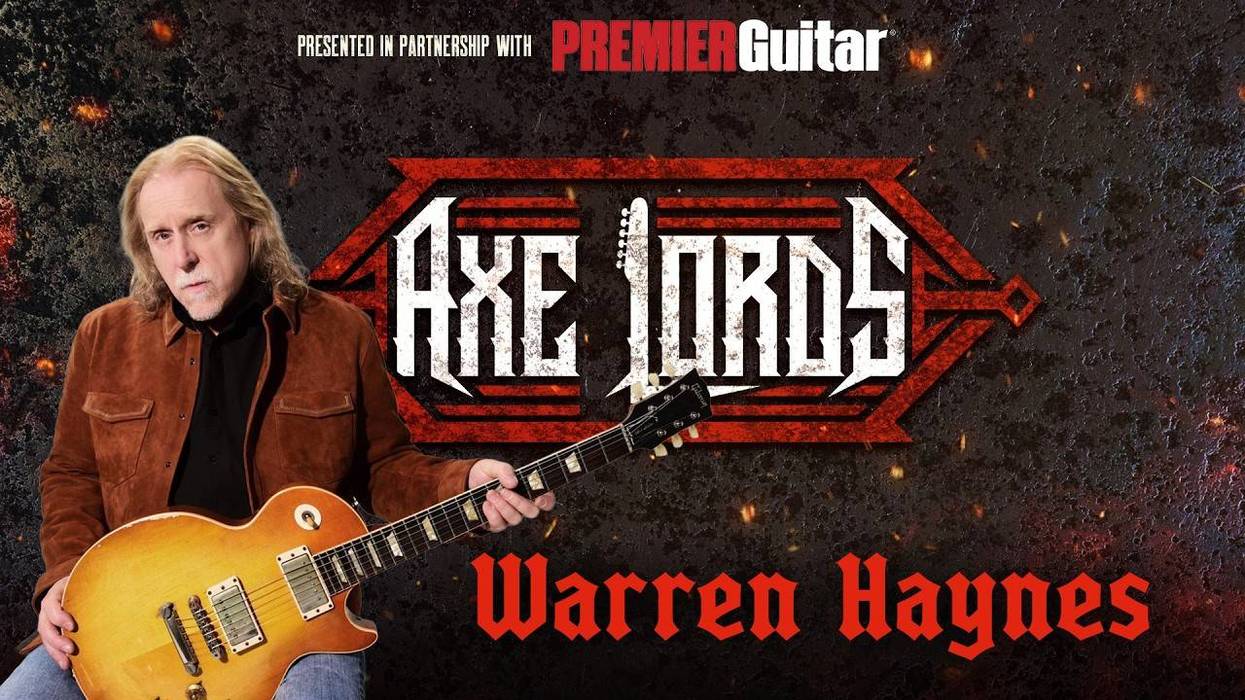
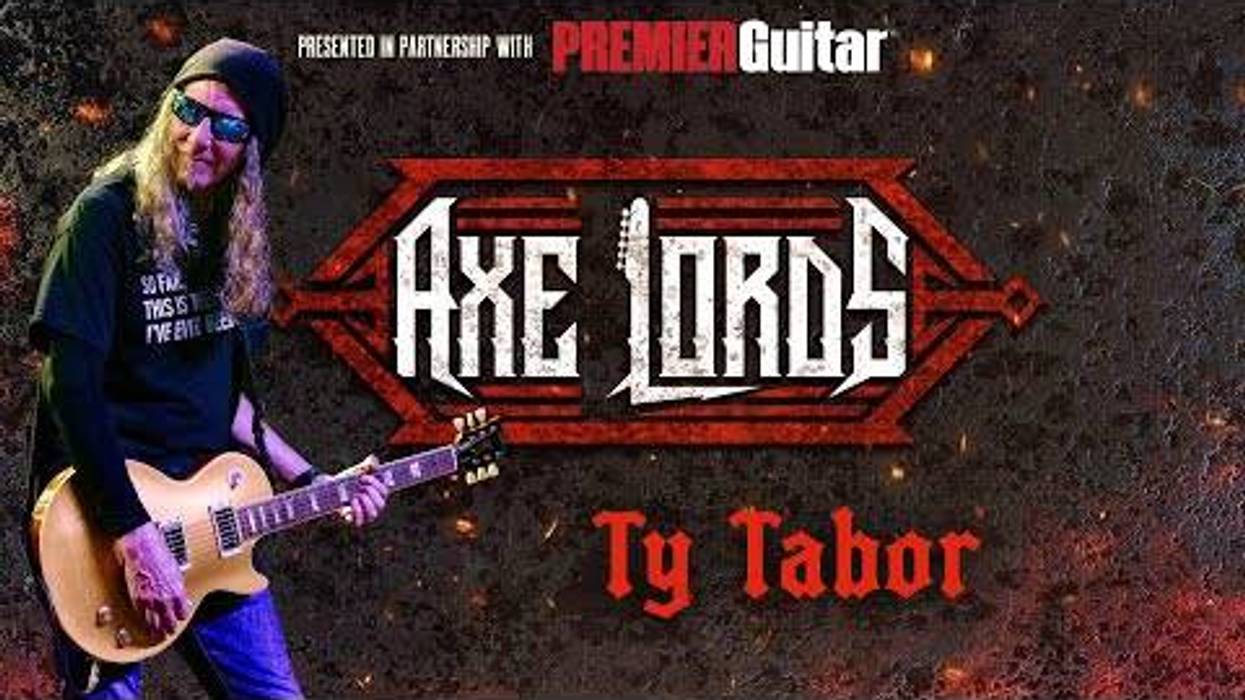

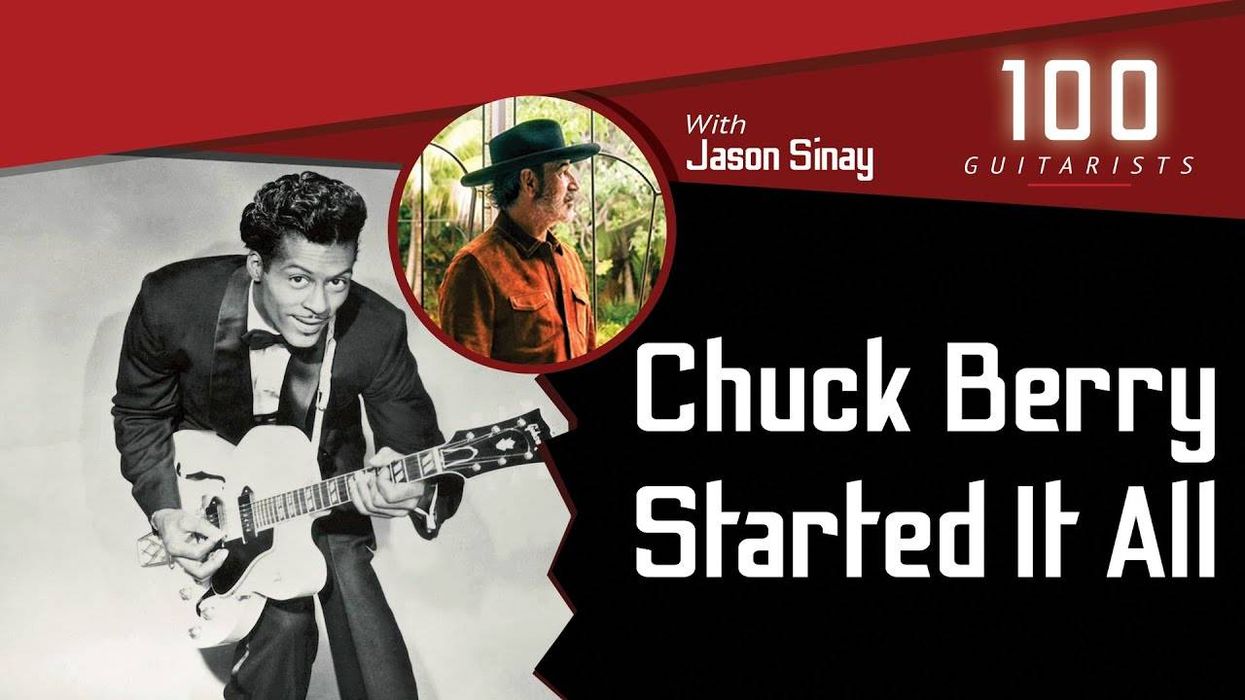
 This Episode Brought to You By: www.premierguitar.com
This Episode Brought to You By: www.premierguitar.com 